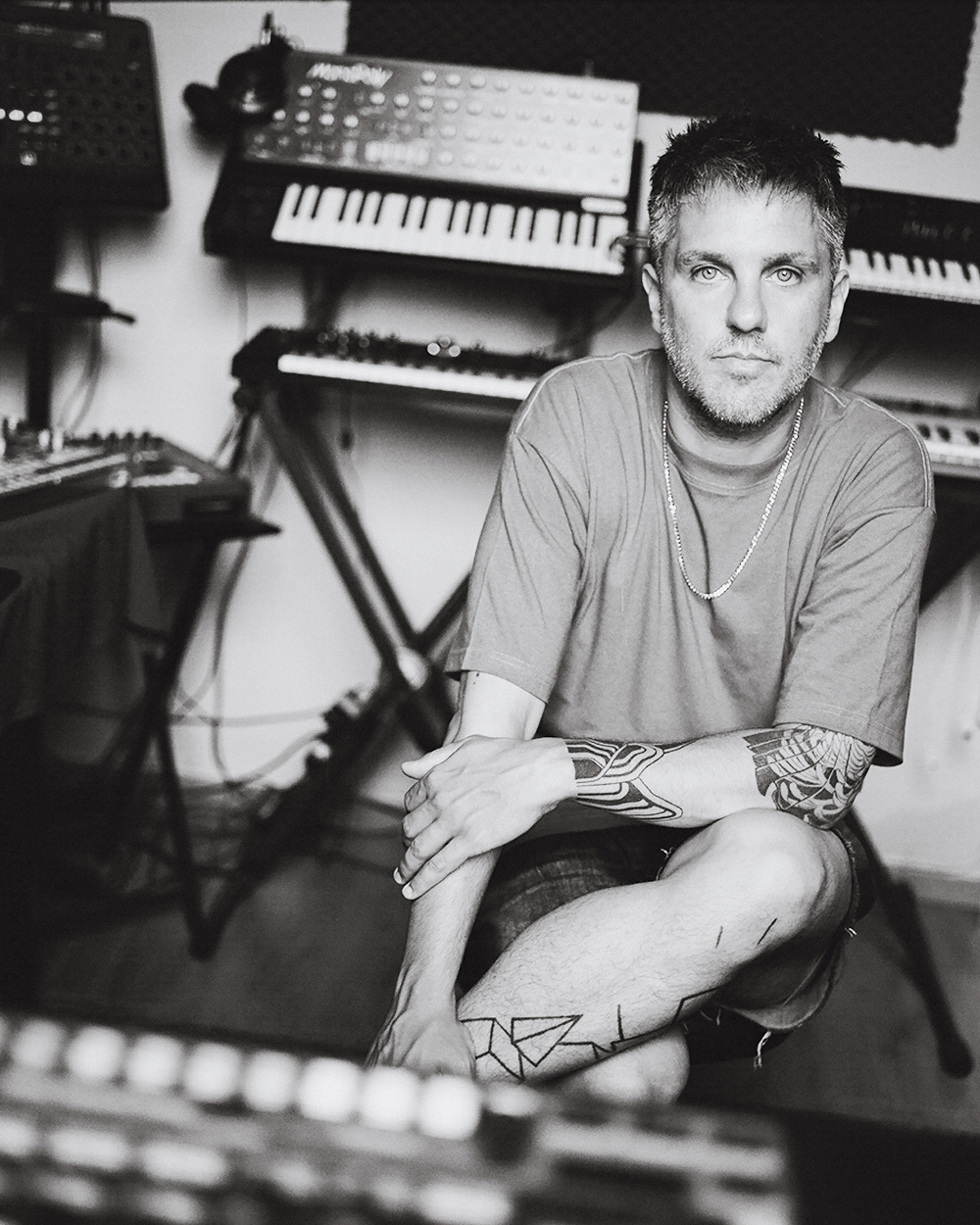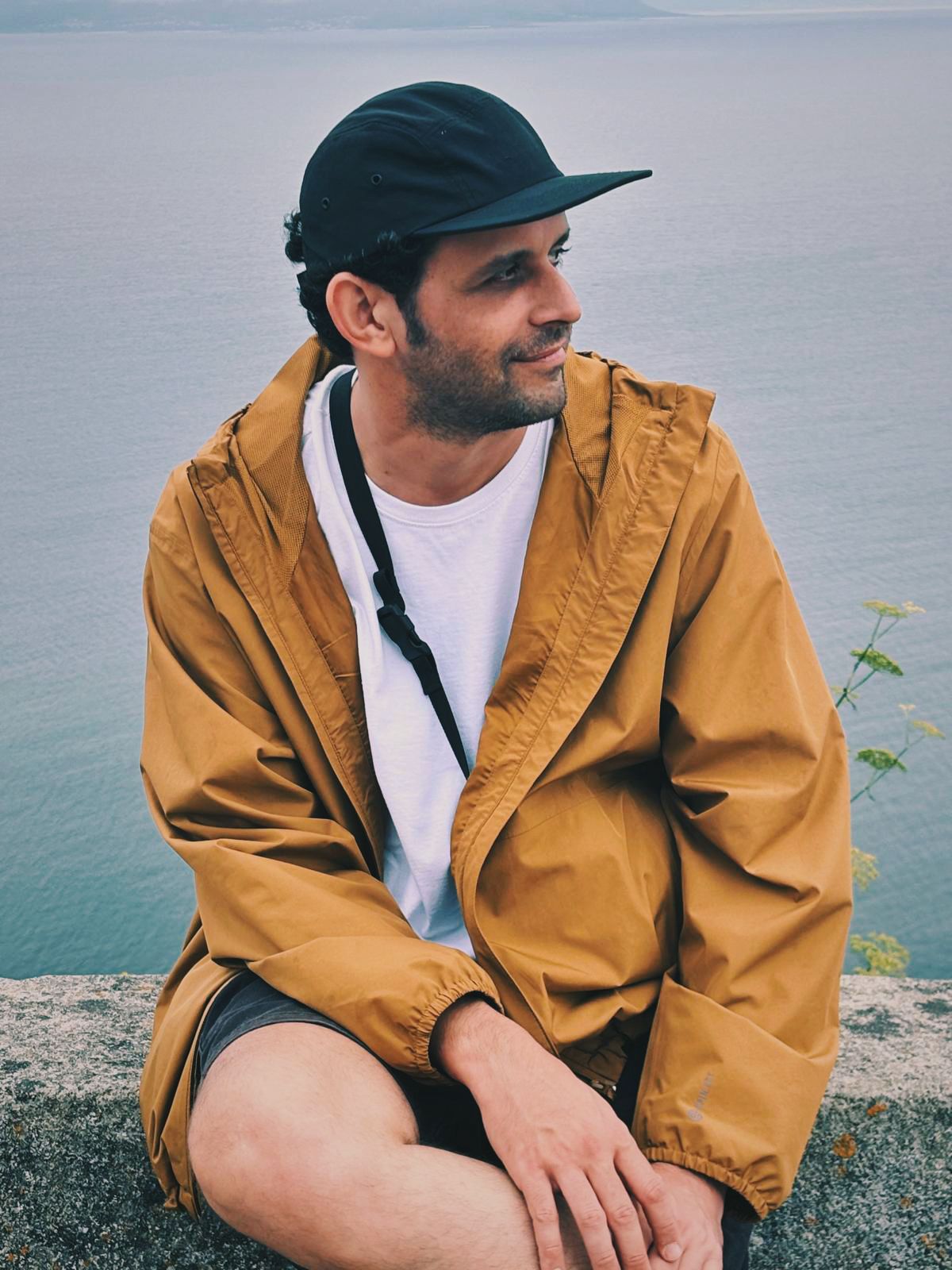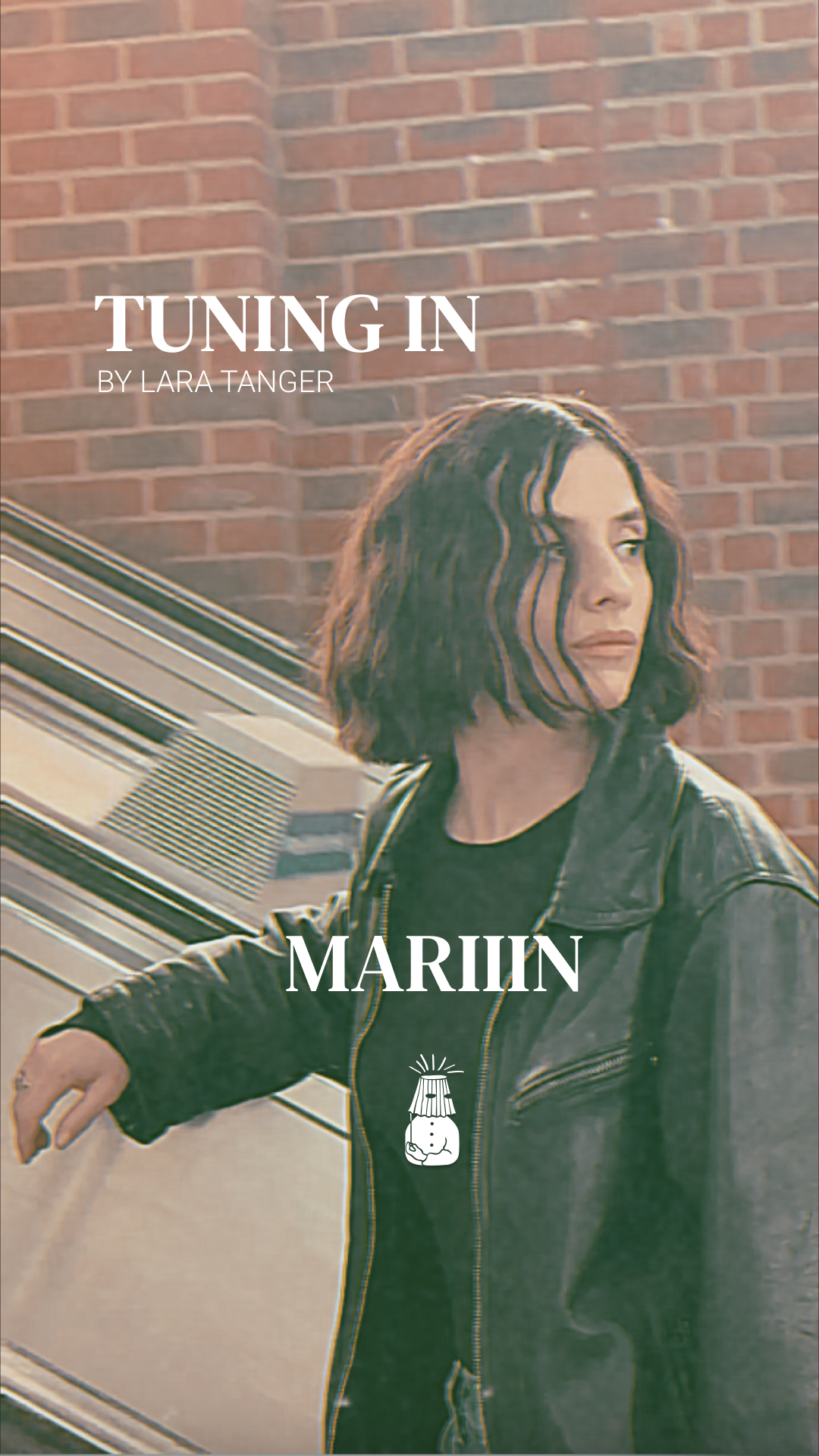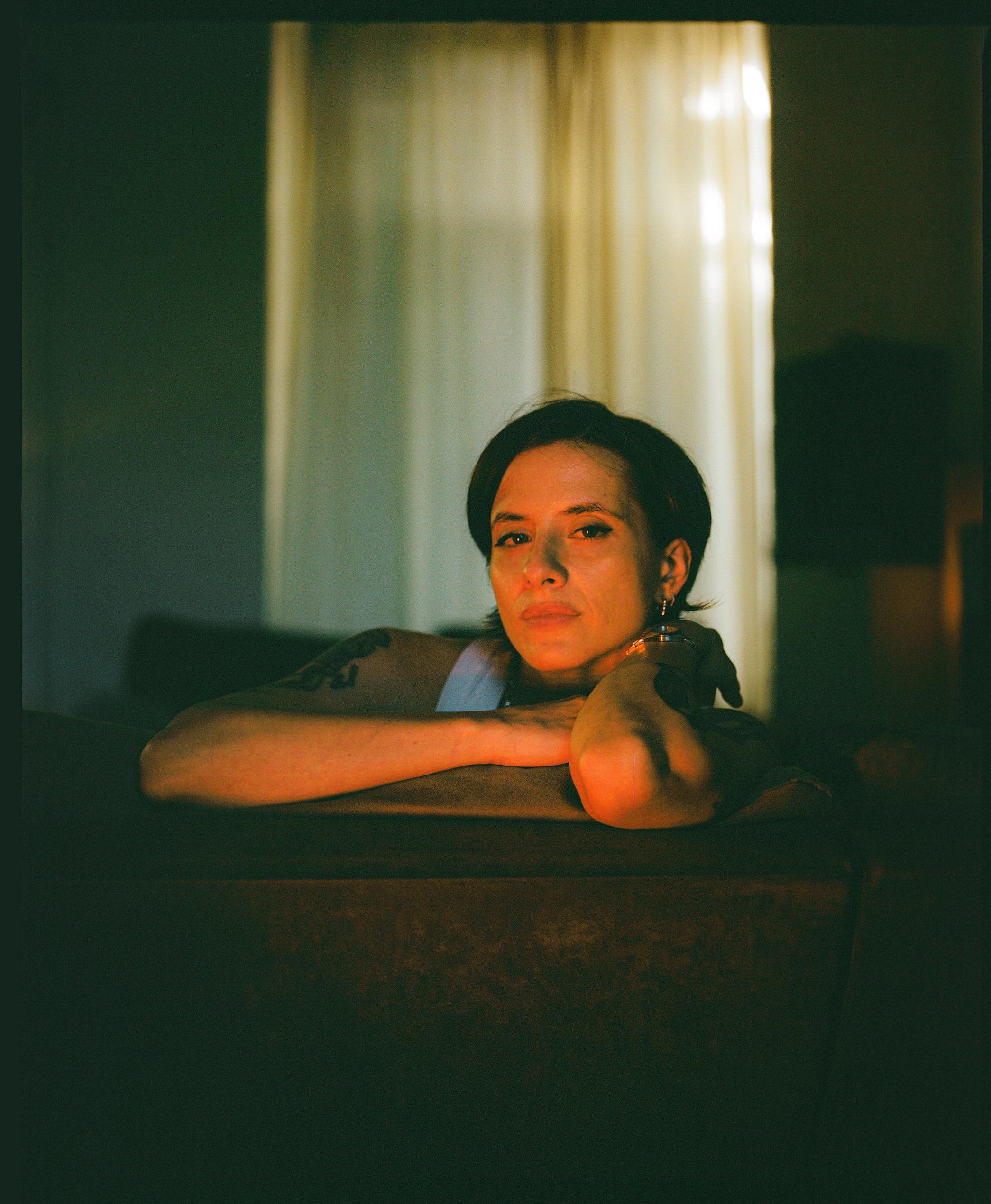At Zabam, we care about mental well-being in the electronic music scene. This goes beyond addressing industry-specific challenges. Just as important is recognising and celebrating the positive impact music has on our lives. After all, this is what connects us: our passion for music and the way it moves us.
Music and my mental health are deeply connected. Through conversations in the scene, and supported by a growing body of fascinating research, I know I share this experience with many others.
This series explores the connection between music and mental health in more depth. This first article looks at the power of mindful listening and how music can help us to be more present.
Out of My Mind, Into My Body
One important role music plays in my life is that it helps me take a break from my always-busy mind. I remember one of my first club nights when I was around 18 years old. At that time, I was carrying a lot of stress with me. As a way to cope with my insecurities, I became a perfectionist. I was always pushing myself to do better. My mind never seemed to slow down, and my body felt like something I had to control rather than listen to.
But that night, in the middle of a dark underground venue, something shifted. I had always loved dancing as a kid, but over the years, that sense of freedom had turned into self-consciousness, analysing my movements and comparing them to others. But as I listened to the music, I was able to reconnect with my body in a way I hadn’t in a long time. I remembered that the only way to dance is to let go of my thoughts. In the end, dancing is one of those things that only gets harder when we try to think about it.
At first, letting go was difficult. It meant loosening my grip on control, quieting the part of me that wanted to analyse everything. But the more I listened - not just with my ears, but with my whole body - the more I felt present. The music became an anchor, pulling me out of my thoughts and letting me fully experience the moment.
Music as Mindfulness
Looking back, I realise what happened on the dancefloor was a form of mindfulness. Many people associate mindfulness with sitting in silence, trying to empty the mind. However, at its core, mindfulness is a quality of awareness: being present, on purpose, and without judgment of what you experience.
You’ve likely heard about the benefits of mindfulness. Not only can it deepen your present-moment experience, but research shows it can reduce stress, anxiety, and symptoms of depression while improving focus, emotion regulation, and creativity. Starting a mindfulness practice can be challenging, especially when you need it most. If this sounds familiar, integrating mindfulness with something you already love, like listening to music, can be a gentle but effective way to start.
The distinction between listening and hearing already implies an element of mindfulness: listening requires intention. Mindful listening means paying full attention to what you hear and how it affects you. Practicing mindful listening in daily life can enhance your music experience and ground you in the present moment, helping break automatic thought or action patterns.
Music can also be a powerful tool in ‘formal’ meditation practices. A common misconception about mindfulness is that it’s meant to make you feel calm or free from thoughts. Mindfulness isn’t about achieving a particular state: it’s about being present with whatever arises, without judgment. During meditation, you might become more aware of stress, fatigue, or difficult emotions. Learning to hold space for these experiences without immediately trying to fix or escape them is part of the practice. This can be challenging, especially in times of elevated stress, anxiety, or trauma. In these situations, music can serve as an external anchor. Listening to music can help you return to the present moment, over and over, as you gradually observe your internal experiences.
A personal approach to mindfulness
Years later, I see that my experiences on the dance floor have been significant in my mindfulness journey. Music remains an important element in my mindfulness practice. For example, at the end of a long week, I find mindful listening to be an accessible and gentle way to ground myself in the present moment, as part of a formal meditation or as an anchor throughout the day.
Mindfulness never truly resonated with me until I realised my understanding of it was based on misconceptions. The moment I allowed myself to explore how different forms of meditation could work for me in different moments, and integrate mindfulness into the activities I love, it started to resonate more, helping me maintain a consistent practice.
A Simple Mindful Listening Practice
If this resonates with you and you’d like to explore how to use music in your mindfulness practice, here’s a simple way to start:
1. Choose a track, podcast, or live set. Simply choose something you like or would like to explore.
2. Listen actively: Notice the different layers of sound. What instruments, textures, or effects do you hear?
3. Observe your body: Does your breath change? Do you feel the music somewhere in your body? How would you describe this sensation, is it tension, relaxation, energy or something else?
4. Notice emotions: What feelings come up? Does the music evoke certain emotions or memories?
5. Observe your thoughts: Without judgment, simply observe them. Do you try to label the music in terms of quality or genre? Can you let go of these labels and listen without analysing?
Remember, it’s okay to start small and explore what works for you when it comes to mindfulness. Mindfulness can be woven into any moment of the day, even if it’s just a one-minute practice. Listening to music is likely something you already do and enjoy. Doing it mindfully might deepen your music experience and support your wellbeing.
My work with Zabam is focused on education and well-being support, not clinical therapy. Still, my background in specialised mental health care and body-mind approaches informs how I explore these topics. Please remember, this article is not a substitute for therapy. If you're experiencing significant challenges, consider reaching out to a licensed therapist or healthcare provider for additional support.
Follow Lara Tanger:


















